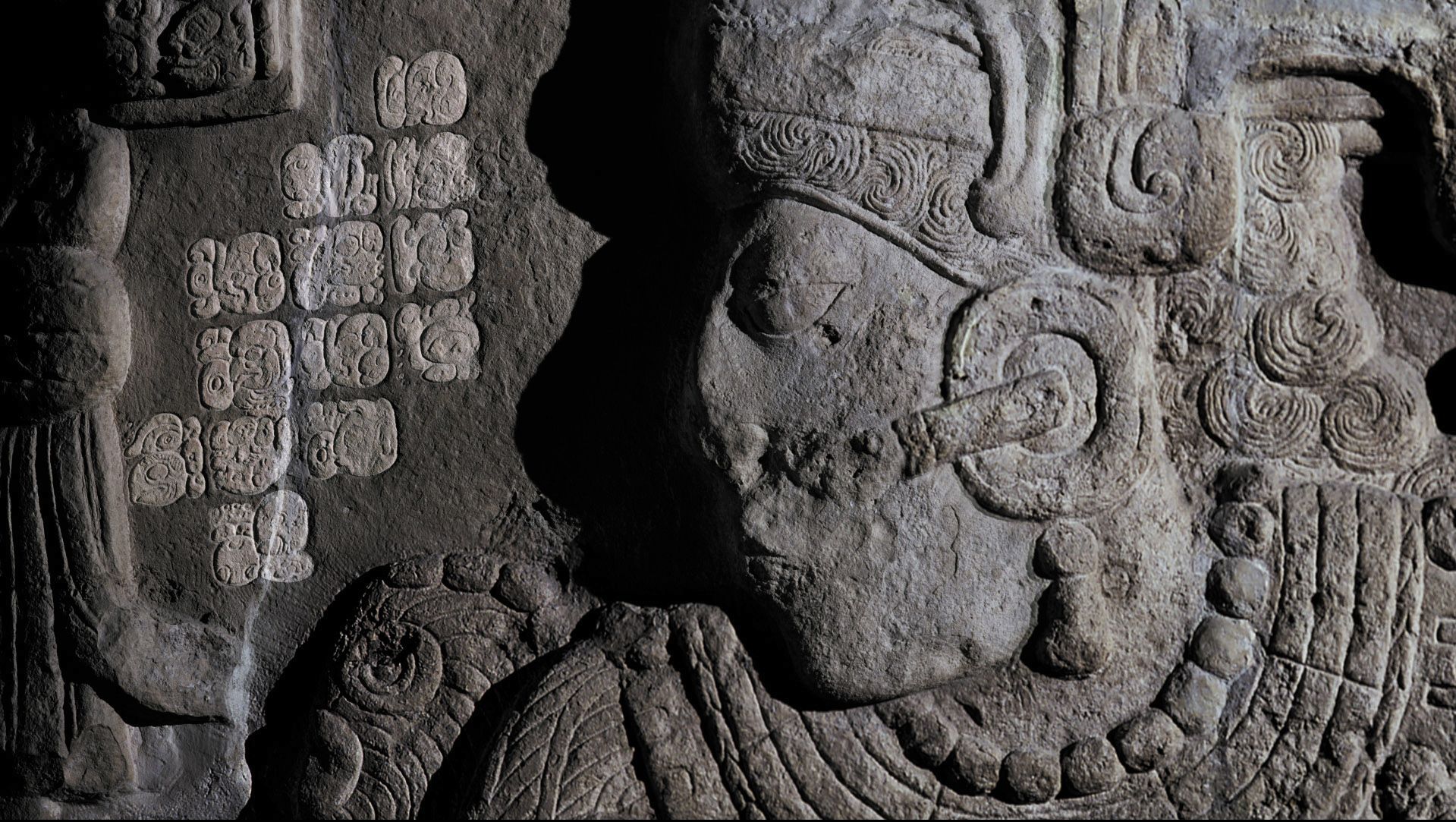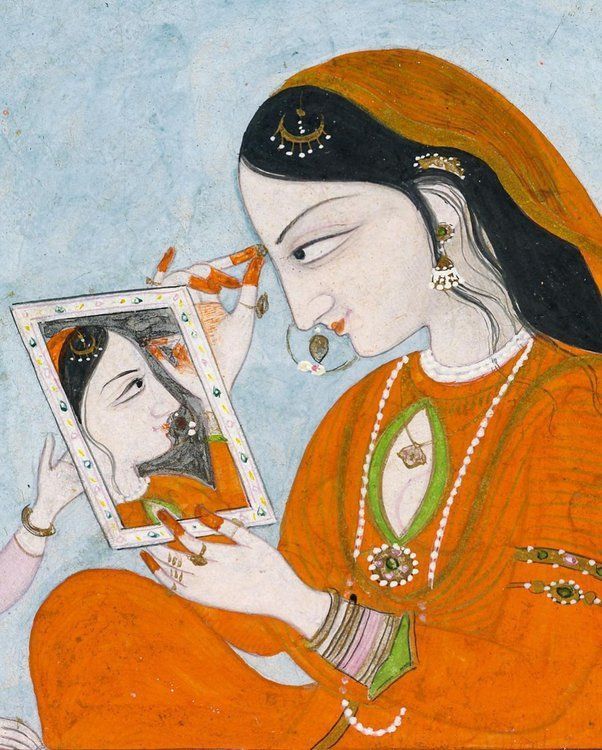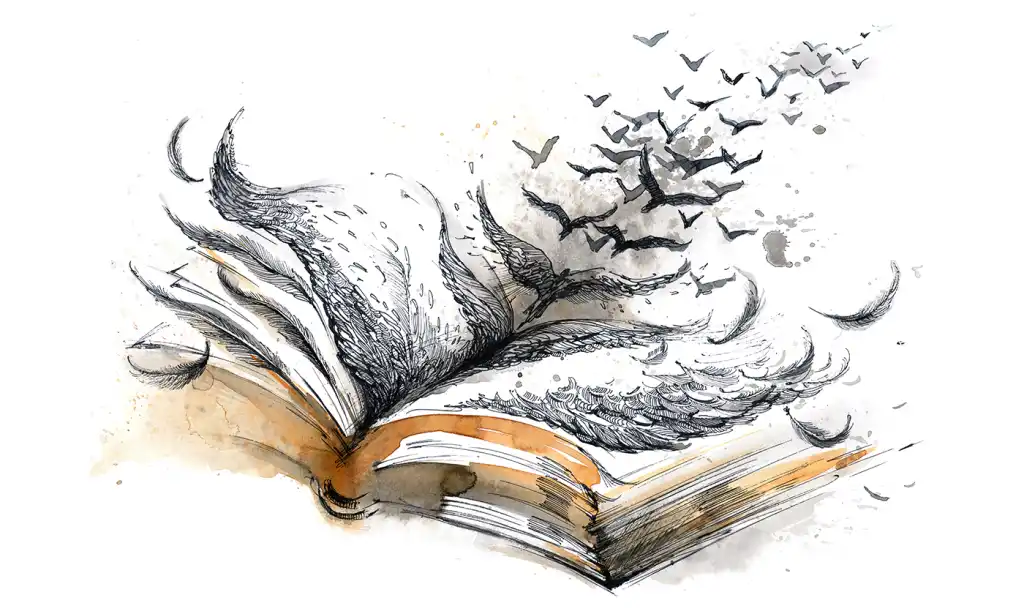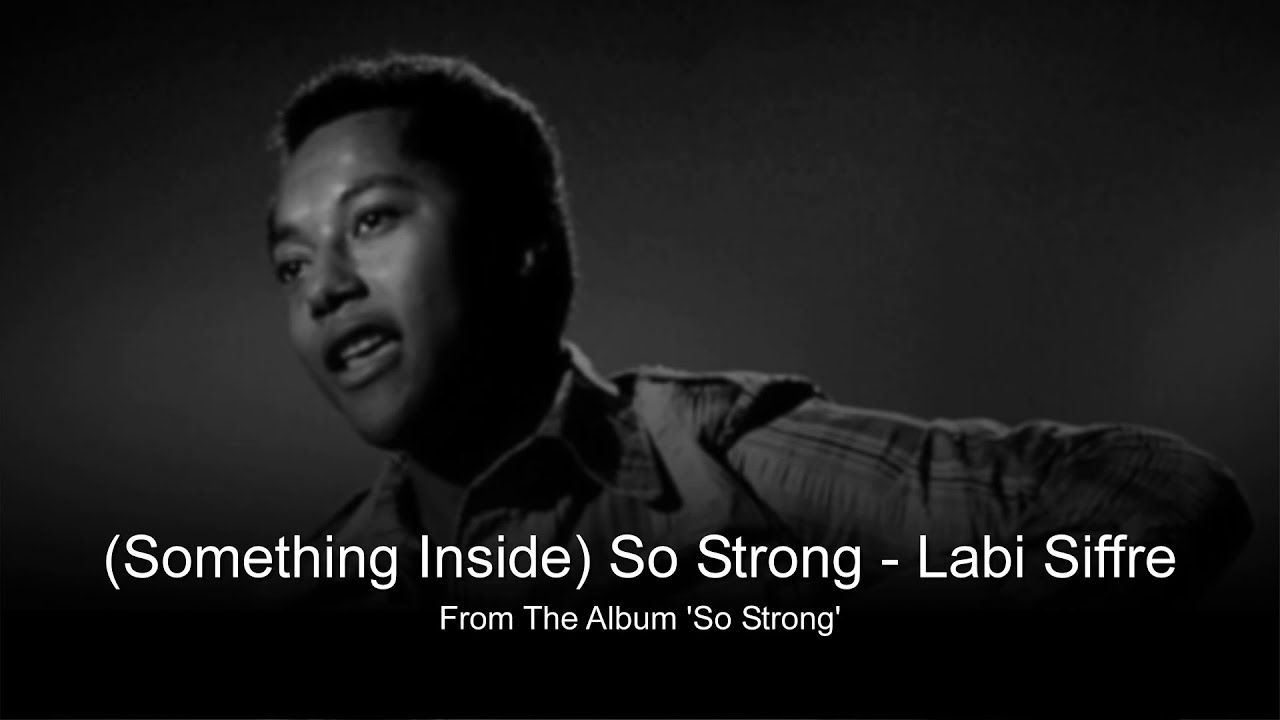ToK Essay Title Nov 2020: Prompt 1
ToKTutor • 29 April 2020
A Surveillance Society and the Censorship of Knowledge
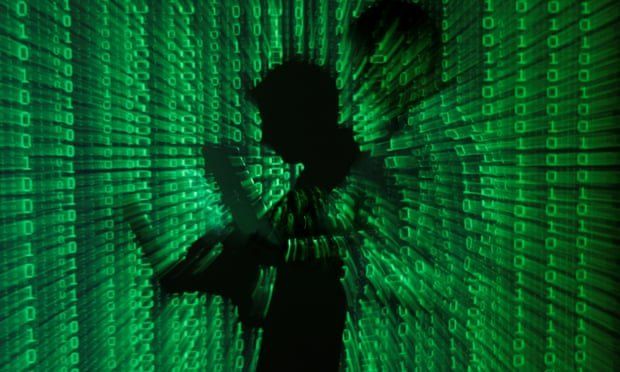
Whether it’s a personal disagreement between people or two experts disagreeing over a technical aspect of knowledge, one thing seems to be certain. The resolution of the disagreement can only happen if there is some sort of open-mindedness in both parties to see the other’s side of the story. The ‘essential’ aspect of the title seems to point to the need to balance one’s perspective and to cultivate an atmosphere of compromise in order to reach agreement or consensus.
In expert knowledge communities, for example, disagreements usually happen when individuals or groups challenge the existing consensus. After a length of time, the disagreement may (or may not) be resolved though the new consensus may have changed from the original consensus in some aspects.
Numerous examples exist to illustrate this dynamic. Consider, Einstein’s disagreement with Niels Bohr about the nature of how small particles behave in the quantum world. Even as quantum physicists built theories to explained the randomness of the quantum events, Einstein resisted giving equal attention to both sides with his famous outburst, ‘God does not play dice!’
Even though Einstein was never fully convinced, this title is good advice when lives are at stake; when knowledge is used or abused in its application; when people cross moral boundaries in order to pursue knowledge.
Just consider for a moment the following example of an issue from the world of Technology and Media which should concern us all: surveillance and the right to privacy.
In 2013, Edward Snowdon
released secret files as evidence of a secret government scheme to build a massive knowledge base of every citizen’s personal details. He was forced to go into hiding because this completely went against the conventional thinking that Government is always looking out for the best interests of its citizens and would never dream of spying on them.
Snowden’s act of ‘whistleblowing’ generated major disagreements between those who supported him and those who were against him. On the one hand, those for Snowdon argue that personal privacy is a Human Right built into the very Constitution and Government should respect this as a matter of law. On the other hand, those against him argue that the knowledge gained by Government will help them weed out the evildoers in the community, so if citizens haven’t done anything wrong, they have nothing to worry about.
Does their disagreement 'need' to be resolved? Yes, because it raises two highly important issues. Firstly, the issue of whether the Government should have limits placed on its power. And secondly, the issue of whether some knowledge should be censored from public view for their own good.
Is it 'essential' to give ‘equal attention to both sides’? Well yes, for otherwise how can the issues of privacy, Government power and censorship of knowledge ever be resolved? Political scientists and politicians have to work together to reach some sort of compromise or trade-off which a/ makes Government clearly accountable for its decisions and actions but b/ gives them enough latitude to do what is in the best interests of its people. The general public also have a responsibility in this process. How willing are we to allow knowledge about our personal lives to be made readily accessible to third parties who are not transparent about telling us what they will do with it?
If the world of social media is any evidence, we are very willing to give up our privacy…
As yet, Snowdon is still in exile and the disagreements
about these issues continue to rage in the public domain…






